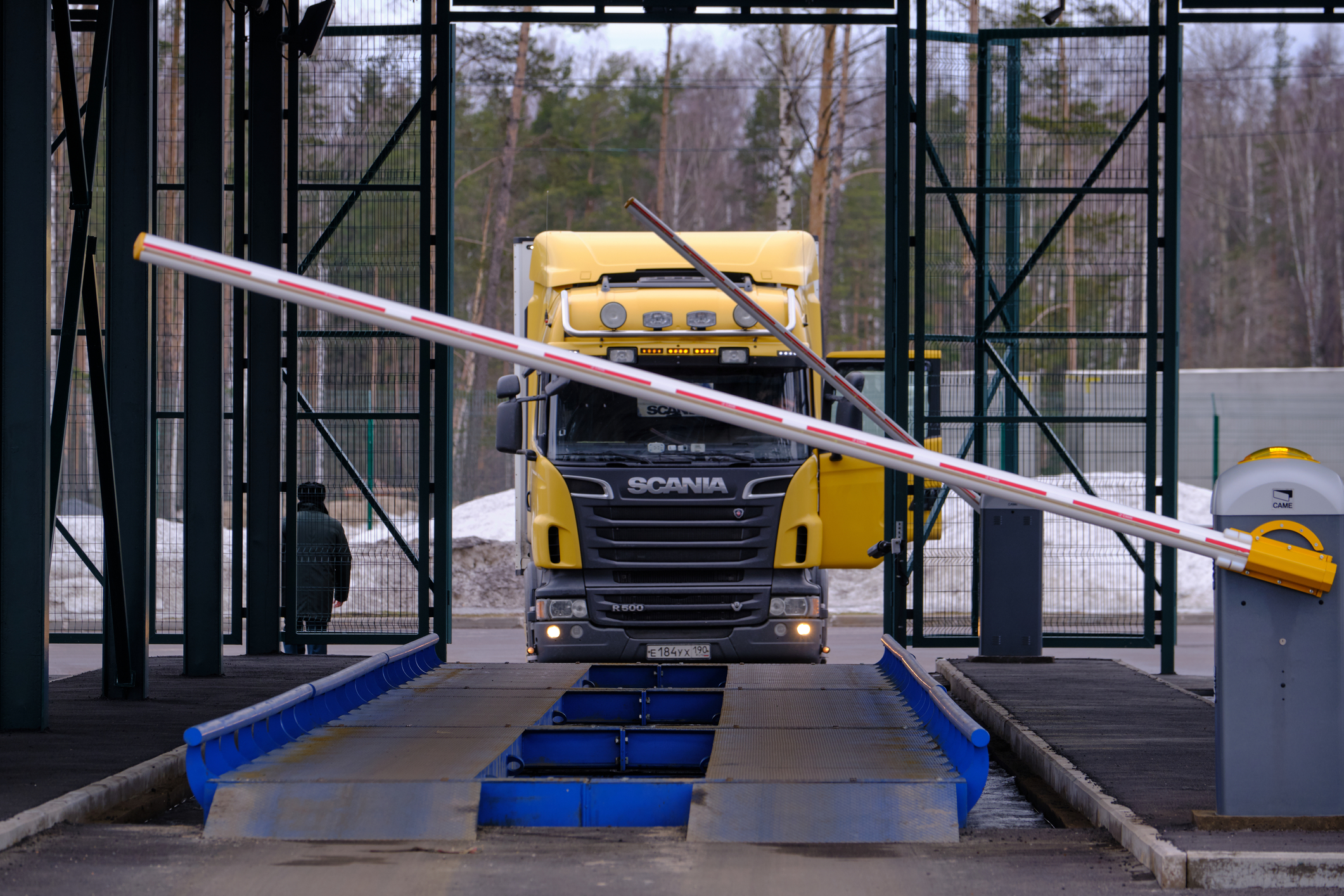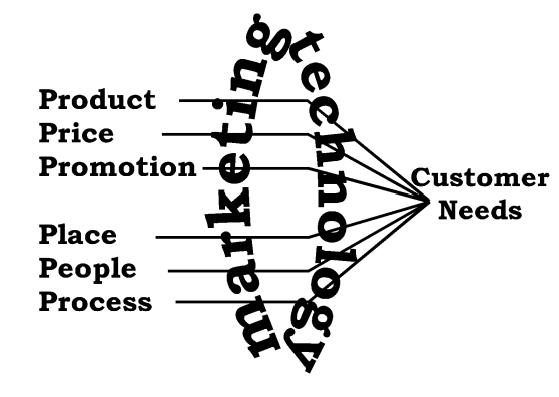Shipping to the Eurasian Economic Union which includes Russia is barely more complicated than shipping to the European Union. The EaEu was founded on the basis of the English translation of the EU’s Acquis Communitaire and Russia and the other members are committed to harmonization with EU Technical Regulations as quickly as possible. When they chose to diverge it usually to a higher theoretical standard – eg policing the absence of GMOs in food stuffs.
There is a package of documents that apply to all shipments to Russia. These documents are:
- Commercial Invoice
- Pro Forma Invoice
- Certificate of Origin
- Preliminary Declaration
- Customs Import Declaration
- Declaration of Dutiable Value
- A Packing List for the transport packaging which may range from a box to a container
- Some kind of Waybill depending on form of transport, including sometimes a Bill of Lading
- Business Registration Certificate
The Customs Tariffs and Technical Regulations for the EaEU are managed by the Eurasian Economic Commission.
In practice, most documents are handled by the Freight Forwarder or logistics company for a fee but the Certificate of Origin is obtained by the exporter and the Business Registration Certificate is presented by the importer. Volga Trader can give you broad advice on documentation but our key strength is on finding customers for you in Russia and the rest of the Eurasian Economic Union not providing a documentation service. If you are not routinely active in international shipments outside the EU, you may find it useful to join a Chamber of Commerce.
You may also come across The Passport of the Deal. The Passport of the Deal is a specialist document for Russia. It was designed for currency control. The procedure was policed by the banks. It is no longer a legal requirement but in practice, banks still ask for it. It matches payments made or received with completed contracts. The importer will tell you what is required.
You will need an importer often called a Torgoviy Dom or Trading House. As in most countries and Customs Unions, goods cannot be imported into Russia except by a registered importer subject to Russian law. Registered importers can be real or legal persons. They must make a deposit of funds with the Russian Federal Customs Service. As well as being responsible for VAT and Customs Duty they may be responsible for Declarations of Conformity.

Depending on the industry, you may also require a Certificate of Conformity of some kind also labelled a GOST R or a GOST R TR certificate. It is usually best if you arrange this yourself rather than rely on the importer. You may be handing over a monopoly for your product for three years depending on circumstances as the certificate is issued just once for each brand and product.
Testing in your own country is usually expensive , there is typically only one approved agent. On the other hand, using a local accredited certification house in Russia or the rest of the Eurasian Economic Union is generally headache free. We can help you find one.
Russia based testing usually has a lower sticker price but if you need to send someone to Russia to sort out a difficulty, the advantage has gone. Volga Trader can support you to find the right test house for your situation and to sort out most difficulties.

good!!!